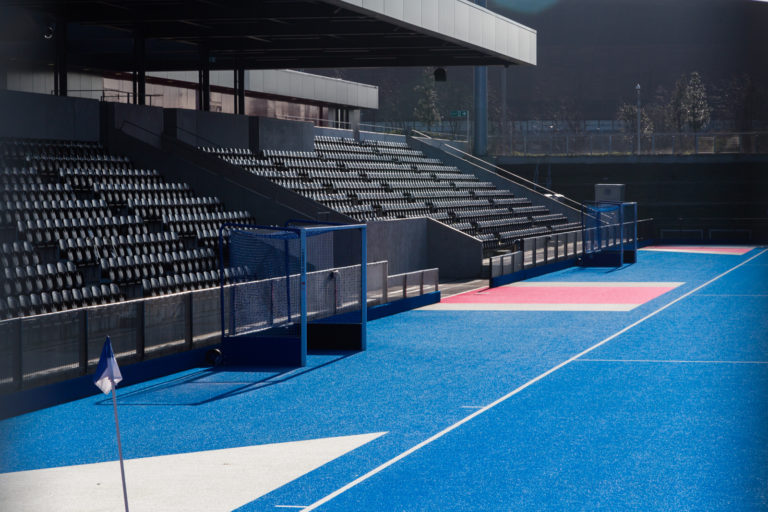To the public at large, thoughts of sport in London will often drift to a summer, six years ago, when the city played host to the world’s biggest celebration of sport.
The memories of 2012 still resonate strongly in Londoners’ perceptions of sport, and the goodwill generated by the Games shows no obvious signs of abatement.
Memories, though, are not a roadmap for the future. And with London currently playing host to one major World Cup tournament and continuing its role as a major events host with a range of huge sporting events in the coming years, a clear understanding of the potential power of elite sport competition is a vital part of the capital’s sporting framework.
In our Blueprint for a Physically Active City, harnessing the power of elite sport to create sustained grassroots activity was identified as one of five strategic areas of focus for sport in the capital. Now, the Mayor of London’s draft Sport Strategy, published earlier this month, establishes a range of criteria for future major events in the capital. Crucially, these criteria include commitments to maximise the social benefit of major events, and to make use of a major sports engagement fund to widen the community benefit of events taking place in London. Where the arguments over the economic impact of major event hosting have been publicly played out for years, the potential social impact of major sporting events remains a relatively new discipline for public policy – one that London is well-placed to capitalise upon.
As well as regular world-renowned sporting events – the FA Cup Final, the Six Nations, Wimbledon, the London Marathon, the NFL International Series Games – London regularly plays host to high-profile international competitions, with the UCI Track Cycling World Cup, 2019 Cricket World Cup, the 2019 Canoe Slalom World Cup, and 2020 UEFA European Championship Final and Semi-Finals all taking place in the capital in the course of the next 24 months. Right now, the Women’s Hockey World Cup is lighting up the Lee Valley Hockey and Tennis Centre on Queen Elizabeth Olympic Park. The Mayor’s draft Sport Strategy offers a timely reminder of the way that the right policy conditions can ensure that the impact of these events extends beyond the days a venue returns to normal and athletes return to training.
When delivered to meet the needs of a particular audience, community impact schemes can create positive outcomes for years to come. Sport England’s Sportivate programme, created in 2011 as an initial four-year programme to harness the excitement around London 2012 and later extended to 2017, represents a case in point. Over the course of the programme, thousands of young people were supported to take part in physical activity sessions, with over 10,000 young Londoners provided with new opportunities to get involved in sport across the capital in the 2017-18 period alone. The combination of long-term funding, clear participant targets and buy-in from organisations across the physical activity landscape helped to ensure the 2012 Games’ positive impact on people across the country continued for years to follow.
London is now poised to go further. The commitments made in the Mayor’s draft Sport Strategy, the city’s outstanding global reputation as a host for major events, and the growing awareness of the positive social impact opportunities presented by sport points to an exciting future for major events in London. Making London the sporting capital of the world has never seemed a more worthwhile ambition.





